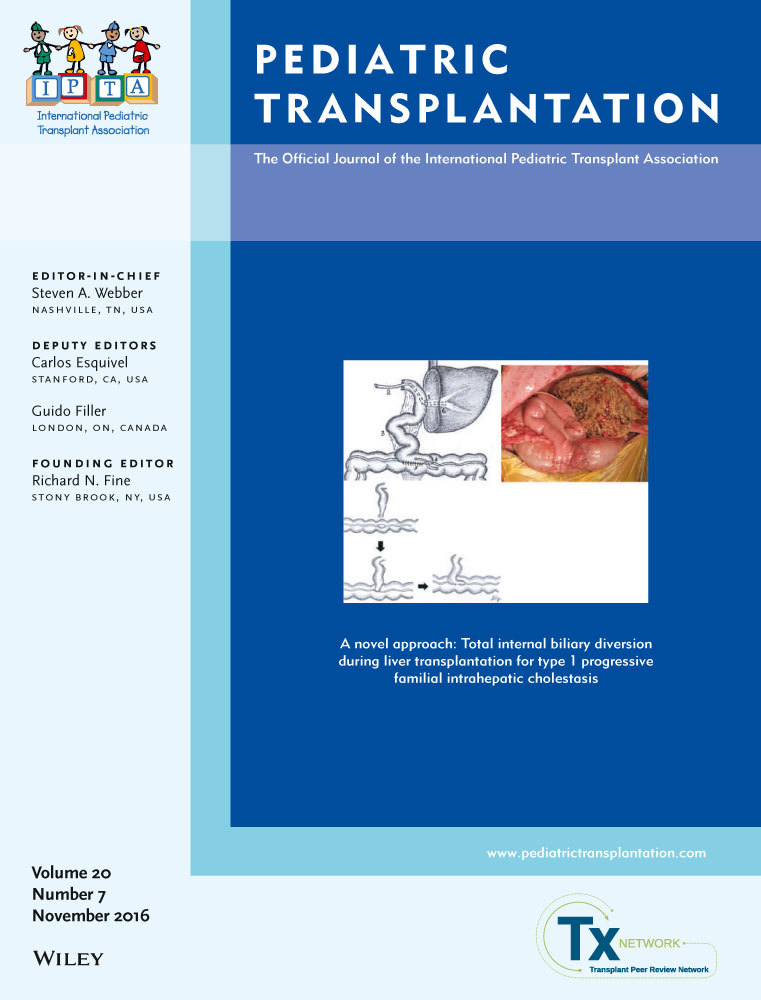Successful umbilical cord blood hematopoietic stem cell transplantation in pediatric patients with MDS/AML associated with underlying GATA2 mutations: two case reports and review of literature
Abstract
Germline GATA2 mutations have been associated with a vast array of clinical manifestations, as well as hematological deficiencies and a propensity to AML or MDS. We present two cases of pediatric AML/MDS with underlying GATA2 mutations who underwent a successful umbilical cord hematopoietic stem cell transplantation using two different conditioning regimens. These cases illustrate the importance of recognizing the clinical features associated with GATA2 mutations and performing the appropriate molecular testing. Diagnosis of heritable gene mutations associated with familial AML/MDS has significant clinical implication for the patients and affected families.




